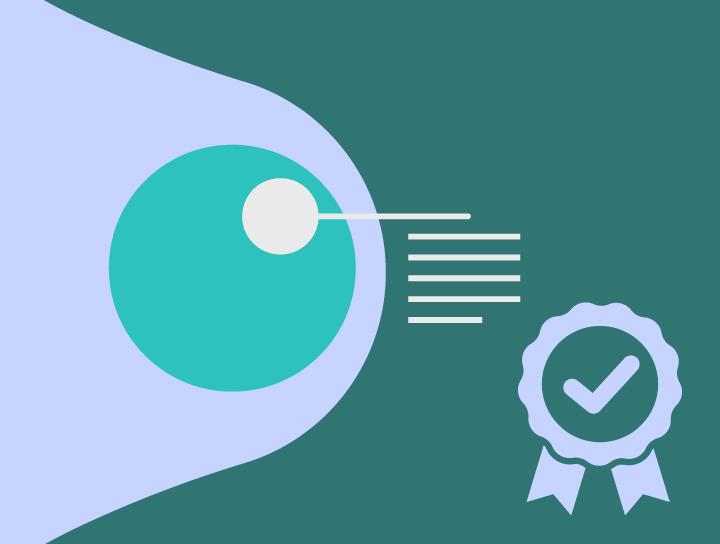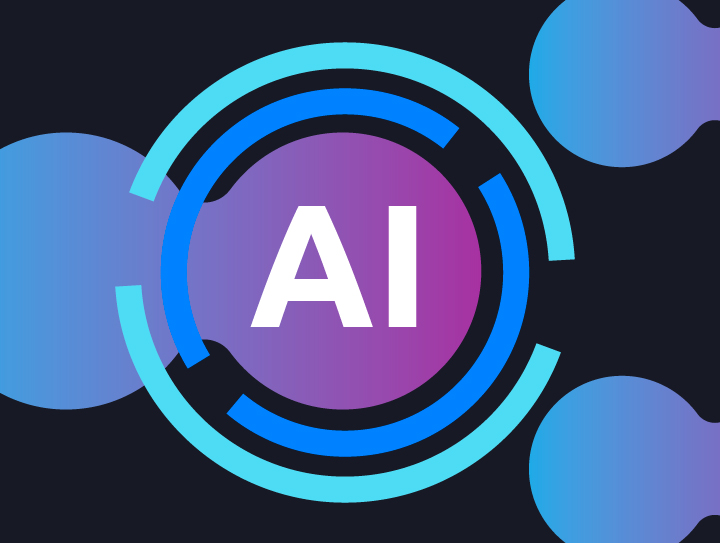594 találat összesen
Skip results of view Hírek
It is that time of the year again – the annual Open Data Maturity webinar is just around the corner. Join us for the ‘ Open data maturity in Europe 2024: best practices and key takeaways ' webinar taking place on Friday, 28 February from 10:00 to 11:30 CET. On 16 December 2024, the tenth Open Data Maturity (ODM) report was published. This annual assessment tracks the progress of European countries in promoting and facilitating the availability and reuse of public sector information. The report serves as both a source of inspiration for advancing open data efforts and as a benchmarking tool to

Discover and navigate the broad world of data events at data.europa.eu . Our events section is your gateway to open data information opportunities, from insightful webinars to engaging workshops and open data events across the world. Updated frequently, you can easily navigate through a diverse range of events tailored to your interests and professional needs. The events are sorted chronologically on ongoing and upcoming events as a standard. Users can filter the events themselves based on various criteria such as the event date and type. Internal events, organised by data.europa.eu, are

One of our latest reports available on data.europa.eu , the ‘Report on licence usage on the data.europa.eu portal’ , is a study that provides a comprehensive analysis of how different licensing choices impact the accessibility and usability of open data. This report offers valuable guidance for data providers and data re-users. Licensing plays a crucial role in the open data ecosystem. While open data is meant to be free for everyone to use, licences define how data can be accessed, modified, and shared. The study examines over 1.8 million datasets on data.europa.eu and identifies more than

DEPLOYTOUR , a strategic initiative under the European Digital Europe Programme , is making significant strides in developing a Common European Tourism Data Space (ETDS). Launched in October 2024, the project aims to address the challenges of fragmented and inaccessible tourism data. By enhancing access to information, DEPLOYTOUR empowers Small and Medium-sized Enterprises (SMEs) and Destination Management Organisations in their digital and green transition, fostering innovative practices and boosting the competitiveness, sustainability, and resilience of the tourism sector. The initiative

Technology can improve public sector operations and service delivery in multiple ways. For this reason, the European Commission has developed the Public Sector Tech Watch (PSTW) . This observatory is dedicated to monitoring, analysing, and disseminating the use of emerging technologies within the public sector in Europe. Managed by the Directorate-General for Informatics and the Joint Research Centre, the PSTW serves as a vital resource for understanding how technologies like Artificial Intelligence (AI) and blockchain are transforming public services. One of the key components of the PSTW is
In January we started the year by hosting the webinar ‘ Navigating the European data strategy: the progress towards the single market of data ’, providing participants with valuable insights into the evolving legal landscape of open data. With over 1 100 registrants the webinar sparked a lot of interest in the open data community, highlighting the topic’s relevance. The webinar aimed to offer attendees a comprehensive understanding of key EU data policies. Experts from the European Commission elaborated on major legislative drivers that are shaping European data policies, focusing specifically

Mark your calendars for the latest webinar of our data spaces series . On Friday, 14 February 2025, from 10:00 to 11:00 CET, we will explore the intersection of open data and finance during the engaging webinar ‘ Data spaces: experience from the European Financial Data Space ’. In line with the European Data Strategy , the European Commission has outlined a framework for the creation of Common European Data Spaces in a number of strategic fields. The purpose of these data spaces is to make a wider range of data available for access and reuse, with the goal of creating a single market for data

On 1 August 2024, the Artificial Intelligence Act entered into force in the European Union. Designed to promote the safe and trustworthy development and deployment of AI in the EU, the Act introduces a risk-based approach, categorising AI systems into four risk levels: minimal, limited, high, and unacceptable. While full enforcement of the AI Act will begin in August 2026, certain provisions will take effect earlier, starting in February 2025. From February 2025, the AI Act will prohibit AI systems that present an unacceptable risk, including those that pose clear threats to people’s safety

Open data is revolutionising the educational sector by providing unprecedented access to information and resources. Schools and universities across Europe are increasingly leveraging open data to enhance learning experiences and improve educational outcomes. For instance, data.europa.eu offers over 37 000 datasets related to education, culture and sport . These datasets enable educators to tailor their teaching methods, making education more interactive and data-driven . The Open Data Impact Map highlights how open data is used globally, with data from 90 countries and more than 1600
Mark your calendars for the first data.europa academy webinar of the year on Friday, 31 January 2025, from 10:00-11:00 CET. Hosted by the data.europa team, this session on ‘ Navigating the European data strategy: The progress towards the single market of data ’, will provide an easy to grasp overview of the legislative frameworks driving Europe's data strategy. This webinar offers an opportunity to explore the current state of play of the European data strategy. Together with experts from the European Commission, we will delve into Europe's journey towards a unified data-driven economy
